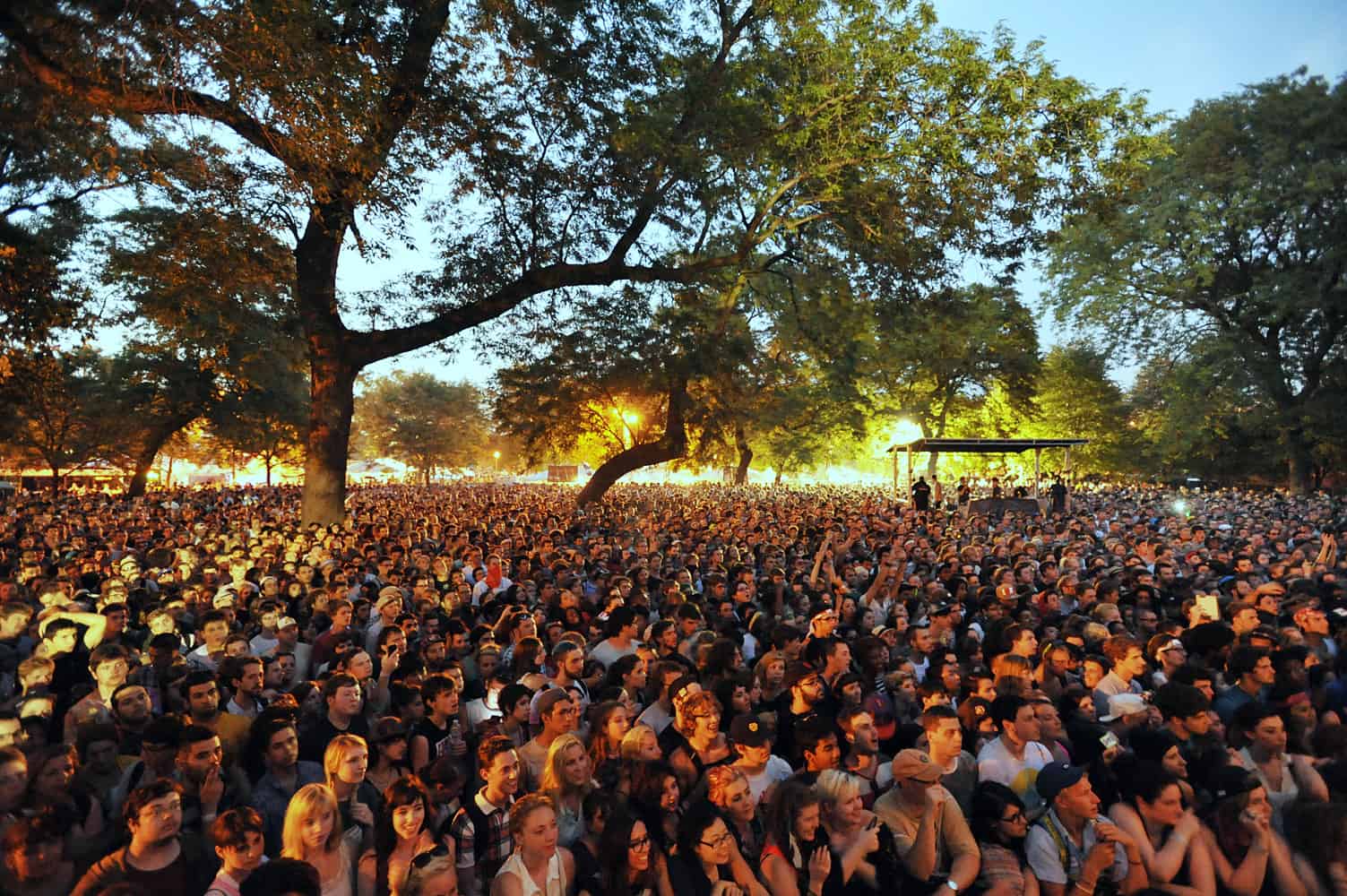Kurt Vonnegut’s masterpiece, Slaughter-House Five, tells the story of Billy Pilgrim, an optometrist who has become unstuck in time. He is kidnapped by aliens and taken to a planet called Tralfamadore to live in a zoo. The aliens, who can see time, explain that it is a flat plain: all things have already occurred and will always occur. That is fate. The Tralfmadorians do not strive to change their lives; they simply choose to concentrate on the beautiful moments, instead of the awful ones.
Humans, however, are doomed to travel through the same four-dimensioned world as if they are chained to a railway car with a metal pipe strapped to their face; so that time appears to be linear.
At least they are moving.
For many contemporary Christians, it seems the rail car stalled sometime in the fifties.
LifeWay, a prominent book seller, recently pulled The Blind Side, a film released last year, from its shelves, after a complaint was filed expressing ‘dissatisfaction with…any product that contains explicit profanity, God’s name in vain, and racial slur.’
This action might have been understandable if the film was one of the many movies Hollywood produces each year that are banal vehicles for sexuality and brute violence, but it wasn’t: it was a true story, an inspirational story, in which the Christian faith was portrayed as neither bland goodness nor small-minded piety.
Unfortunately, LifeWay removing The Blind Side (a movie that oozes ‘feel-good’) for its (accurate) depictions of inner-city life is not an outlier. It is yet another indicator that mainstream Christianity is continuing its alarming trend towards the attitudes espoused by the militant isolationists of the early nineties, for whom the human world writ large was a thing to build walls and stockpile weapons against.
Surprisingly, this does not endear us to the rest of humanity.
Nostalgia is a generational disease. You would be hard pressed to find a generation that did not feel, intuitively, that the world had been a happier, safer place in their youth. But what we are seeing now is an entire religion suffering from a crippling nostalgia for a time that never was; a time when neighborhoods were safe (only in the suburbs) and people didn’t cuss or drink too much or even sleep in the same bed (only in the movies).
Because of this nostalgia, Christianity runs the danger of becoming a self-contained sect.
With each passing year, Christians find it increasingly difficult to engage the world community. We are becoming desperate in the attempt. This desperation gave us WWJD, and “Testamints,” and the bad taste they left in our mouths; it also makes us cling so intensely to the few true artists to come out of the last twenty years (Sufjan, Donald Miller) that they are forced either to distance themselves completely or be drained incrementally of whatever talent and cultural equity they had.
The solution to being relevant isn’t to attempt to identify the most hip band or technology and then try to copy it; it isn’t remove ourselves to a world of felt sheep on a felt board and Sunday school and happy-happy hand clapping.
The solution to our backwardness, our anger, and our increasing irrelevance is simple: it is to be honest. We must address the concerns of this generation of men and women, who find themselves living in an impossibly large and diverse world, where evil is nebulous in its forms and practices, and can be a chemical in a hamburger as easily as it can in a hijacked plane headed for a tower.
After all, what is more relevant than truth?
This doesn’t mean that we are giving in, selling out. Were the guerrilla translators of the fifteenth century selling out when they translated the Bible into an up-to-date language? We, the followers of the first radical, who were once the white-hot edge of the world, have become the dull, heavy weight it drags along.
Christians have to catch up, or else end up isolated, shouting extraneous slogans to the wind.
Christians must become unstuck in time.





















